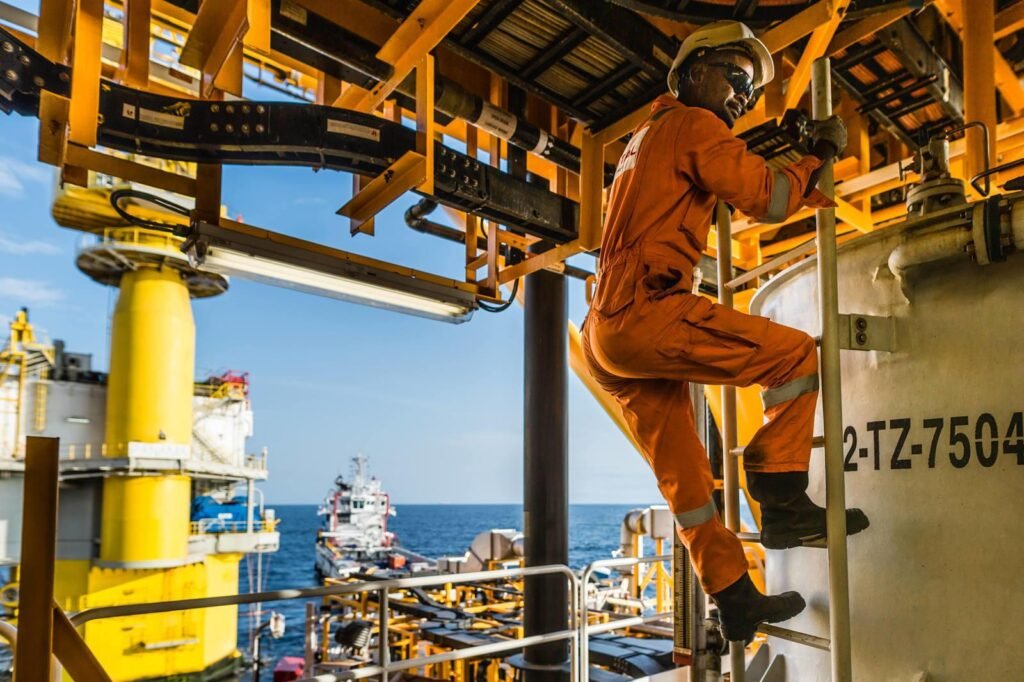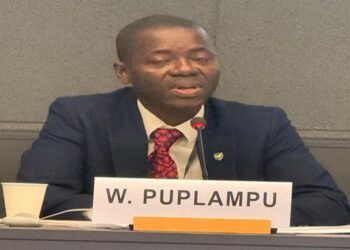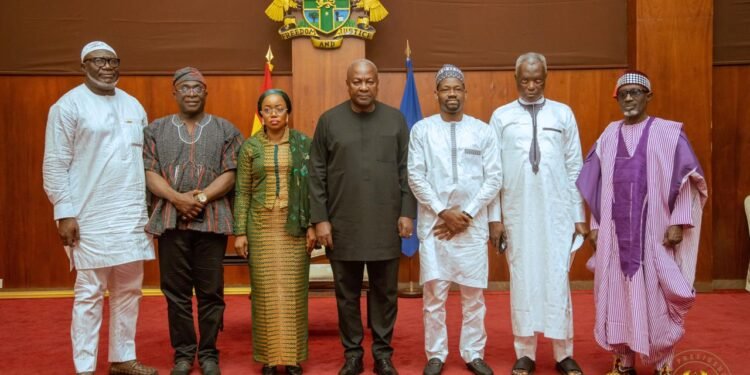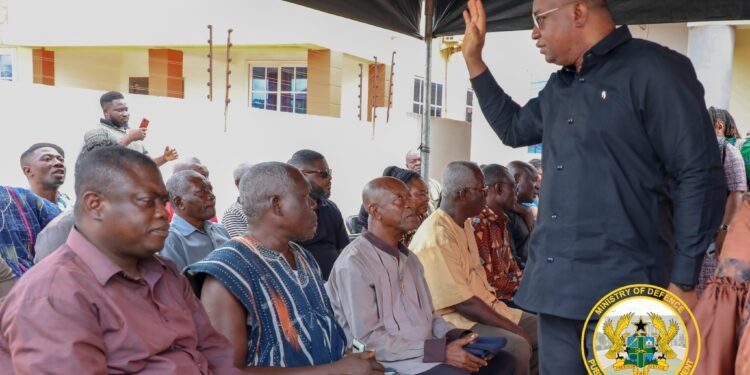Africa’s oil and gas sector is being tipped for a new wave of exploration activity, with breakthroughs in seismic imaging, the expansion of frontier data sets, and faster permitting processes expected to drive fresh investment across the continent.
Speaking during a high-level panel at Africa Energy Week (AEW): Invest in African Energies 2025 in Cape Town, industry leaders highlighted how cutting-edge technology and regulatory reforms could transform exploration outcomes and position Africa as a major hub for new oil and gas discoveries.
Emmanuelle Garinet, Vice President of Exploration Africa at TotalEnergies, underscored the importance of advanced seismic and subsurface data in unlocking frontier basins.
Citing the French major’s landmark Venus discovery in Namibia, she explained how access to high-quality datasets reduced exploration risks.

“When we decided to drill the Venus well, it was frontier, but we had a probability of success of more than 50% because of the seismic data and direct hydrocarbon indicators.”
Emmanuelle Garinet, Vice President of Exploration Africa at TotalEnergies
She revealed that TotalEnergies has benefited from streamlined permitting processes in the Republic of Congo, which she described as pivotal to accelerating exploration work.
Garinet said, “We got our permit in less than six months and are preparing for drilling by the end of the year,” contrasting this efficiency with delays in South Africa, where legal disputes have slowed down approvals. “This is unacceptable given the limited budgets for global exploration,” she added.
Value of Comprehensive Data

The role of high-quality subsurface datasets was further emphasized by Chevron’s CEO, Gavin Lewis, who argued that Africa must strengthen its ability to provide regional-scale geoscience data if it hopes to compete globally.
“Before you can do any AI-driven workflows, you need a dataset that illuminates what the subsurface looks like,” Lewis stated.
“What Africa has lost is the ability to sponsor multi-client subsurface datasets.
“The only basin that allows for large, regional high-quality datasets is the Gulf of America, which has allowed that basin to reinvent itself multiple times.”
Gavin Lewis, Chevron’s CEO
Lewis cautioned that without similar initiatives in Africa, exploration success could be constrained by uncertainty and high risk.
Bryan Ritchie, bp’s Vice President of Exploration, spotlighted Egypt’s Nile Delta as an example of how survey work can open new opportunities.
He detailed bp’s completion of the first deepwater ocean-bottom node seismic survey over the Atoll field and noted plans by the Egyptian Natural Gas Holding Company to expand multi-client seismic coverage across larger portions of the delta.
Ritchie explained, “We’re seeing new opportunities for these images,” pointing to the potential for discoveries that could feed into Egypt’s growing gas export and domestic energy programs.
Geoscience Beyond Exploration

Beyond the immediate impact on exploration, Woodside Energy’s Vice President of Exploration, Terry Gebhardt, stressed that subsurface data would play a crucial role in the transition to cleaner energy systems.
Gebhardt said, “Geoscience and subsurface data are also key to carbon capture and storage projects, as well as maximizing efficacy and recovery in existing fields,” highlighting how data-driven approaches can extend the lifespan of mature assets while supporting decarbonization goals.
The discussion, sponsored by EnerGeo Alliance, also placed Africa’s exploration renaissance within a broader investment framework.
Nikki Martin, President and CEO of EnerGeo Alliance, revealed that exploration spending in Africa surged by $6 billion in 2024 alone, a signal of renewed appetite from global operators.
She projected that overall oil and gas capital expenditure on the continent is set to rise to $54 billion by 2030, with seismic and subsurface data initiatives forming the backbone of future projects.
“Investors are increasingly willing to commit capital where governments create clear, transparent frameworks and where modern imaging technology reduces uncertainty.”
Nikki Martin, President and CEO of EnerGeo Alliance
Africa at the Crossroads

The conversations at AEW underscore Africa’s pivotal moment. With vast untapped basins in West, Central, and Southern Africa, the combination of technology, capital, and regulatory reforms could unlock resources that have long remained out of reach.
Yet, challenges remain. Prolonged permitting delays, regulatory uncertainty, and litigation risks continue to deter investment in some markets.
With the continent poised to attract billions in new investment, the message from Cape Town was clear: the future of Africa’s energy security and global role in hydrocarbons will depend on how effectively it leverages data, technology, and regulatory reform to fuel an exploration renaissance.
READ ALSO: Market Cheers as Ghana’s Treasury Auction Breaks Four-Week Drought with 15.8% Oversubscription























